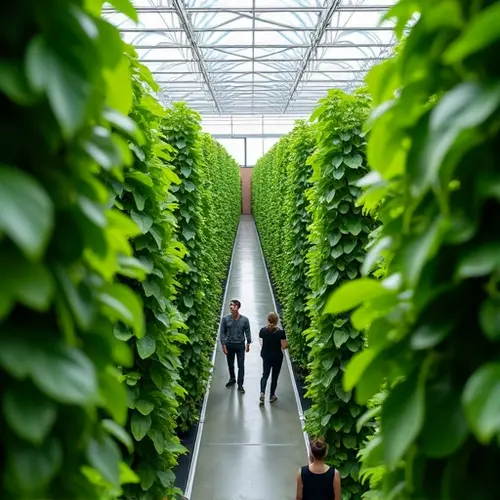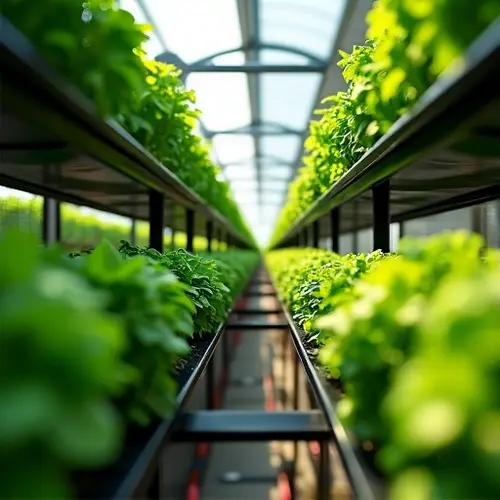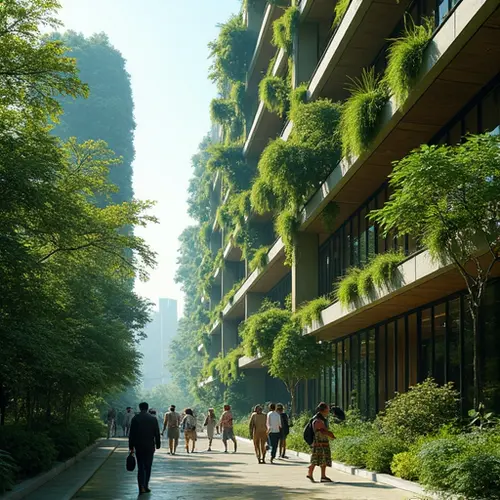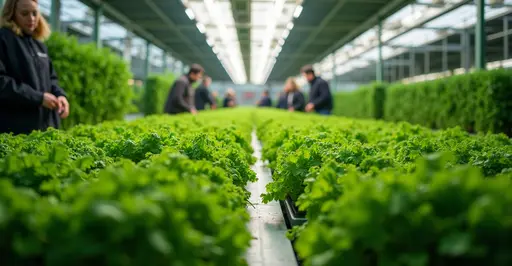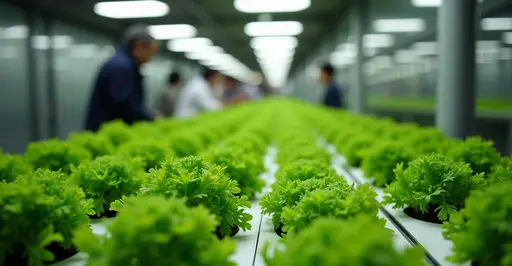
Urban Agriculture Revolution in Tokyo
A groundbreaking community-driven vertical farming cooperative has officially launched in Tokyo, marking a significant step forward in urban food security initiatives. The project, which utilizes advanced hydroponic technology, aims to address food sustainability challenges in one of the world's most densely populated metropolitan areas.
Hydroponic Innovation Meets Community Spirit
The cooperative brings together local residents, agricultural experts, and technology innovators to create a sustainable food production system within the urban landscape. Using vertically stacked growing systems in repurposed buildings, the initiative can produce fresh vegetables year-round without relying on traditional farmland.
Hydroponic technology allows plants to grow in nutrient-rich water solutions rather than soil, using up to 90% less water than conventional agriculture. This method is particularly valuable in Tokyo, where space is limited and water resources must be carefully managed.
Addressing Food Security Challenges
Tokyo, like many major cities, faces significant food security challenges. The city imports approximately 80% of its food, making it vulnerable to supply chain disruptions and price fluctuations. The vertical farming cooperative aims to increase local food production and reduce dependence on external sources.
"This isn't just about growing food—it's about building community resilience," said project coordinator Kenji Tanaka. "By bringing food production back into the city, we're creating a more sustainable and secure food system for all residents."
How the Cooperative Works
The cooperative operates on a membership model where local residents can invest in the project and receive regular shares of the harvest. Members also have the opportunity to participate in farming activities, educational workshops, and community events centered around sustainable agriculture.
The initial phase includes growing leafy greens, herbs, and small vegetables that are particularly well-suited to hydroponic systems. The produce is distributed through local farmers' markets, community-supported agriculture (CSA) programs, and directly to participating households.
Environmental Benefits
Vertical farming offers numerous environmental advantages beyond water conservation. The controlled indoor environment eliminates the need for pesticides and herbicides, reduces transportation emissions by growing food where it's consumed, and can operate using renewable energy sources.
The Tokyo cooperative has partnered with local solar energy providers to power its growing operations, further enhancing its sustainability credentials. The system also recycles water and nutrients, creating a closed-loop system that minimizes waste.
Future Expansion Plans
Following the successful launch, the cooperative plans to expand to multiple locations across Tokyo's 23 wards. Future phases may include aquaponic systems that combine fish farming with plant cultivation, as well as experimental crops that could further diversify local food options.
The project has attracted attention from municipal governments and urban planners worldwide who are looking to replicate Tokyo's success in other densely populated cities facing similar food security challenges.

 Nederlands
Nederlands
 English
English
 Français
Français
 Deutsch
Deutsch
 Español
Español
 Português
Português




